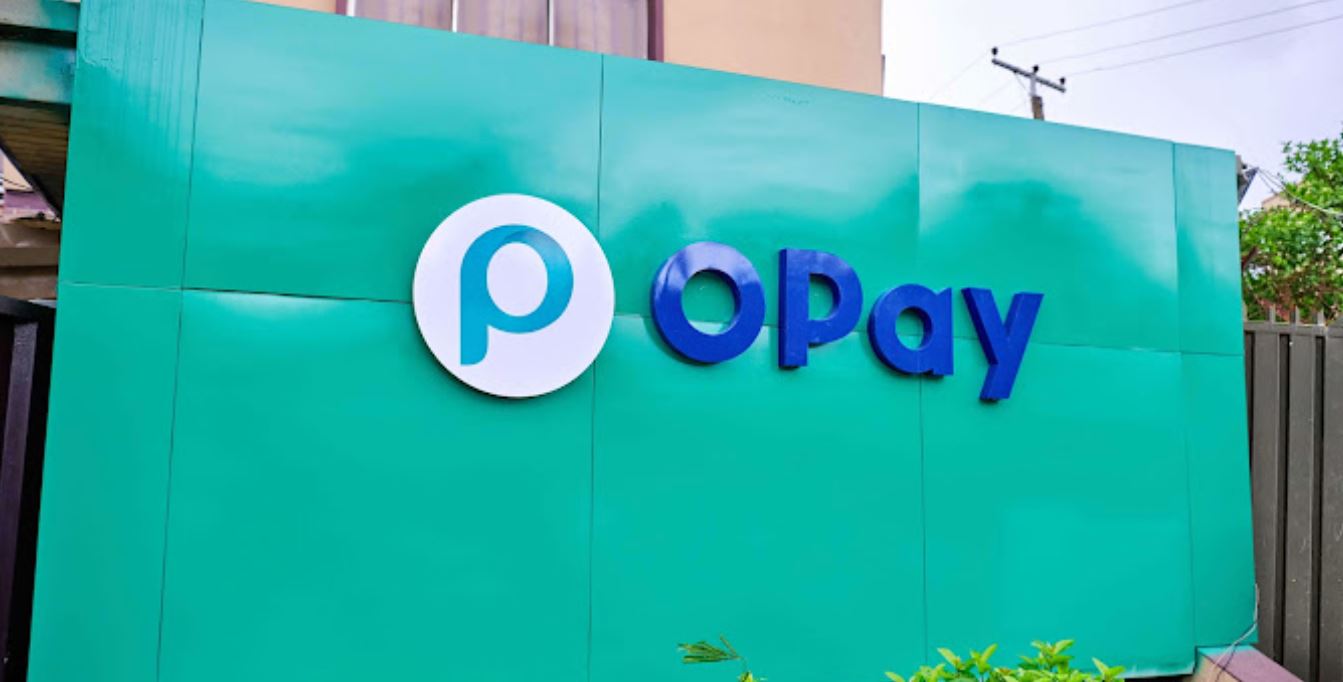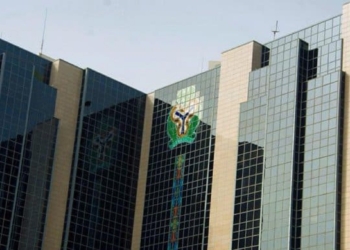OPay has secured a court order to restrict its customers’ accounts across 30 different banks.
NewsOnline Nigeria reports that OPay, a leading fintech firm backed by Chinese investment, has been compelled to take legal action following a system glitch that allowed customers to make card payments without being debited, accumulating a debt of ₦714 million.
This incident occurred between December 10, 2023, and March 4, 2024, and prompted the company to seek judicial intervention to recover the lost funds.
ALSO: Amaewhule-Led Rivers Assembly Accuses Fubara Of Constitutional Breaches
This Nigeria news platform understands that OPay obtained approval from the Federal High Court in Lagos to freeze customer bank accounts across 30 different banks as a part of its recovery process.
The court’s decision came after OPay filed an affidavit of urgency alongside its application, leading to an order granted on June 28, 2024, to restrict the affected accounts.
The glitch stemmed from an issue with the transaction categorization system used by financial institutions. Typically, transactions are marked with specific codes indicating their status — successful, pending, or failed. For OPay, ‘RC 09’ represents a pending transaction that should not result in a customer debit.
However, due to an oversight by the Switching Company, Interswitch, which processed these card transactions, all ‘RC 09 transactions were mistakenly settled as successful.
Following the discovery of the glitch, OPay attempted to contact customers who had engaged in transactions exceeding ₦500,000 without proper debiting.
Despite reaching out via phone and email, only about 10% of those contacted have cooperated with OPay to resolve the issue.
According to the company’s court filing, “While some customers responded positively and cooperated with the Applicant in respect of the recovery of the Erroneously Retained Credits, some customers have refused, failed, and/or neglected to fund their accounts to enable the Applicant to deduct the value of the Erroneously Retained Credits from their respective accounts.”



















